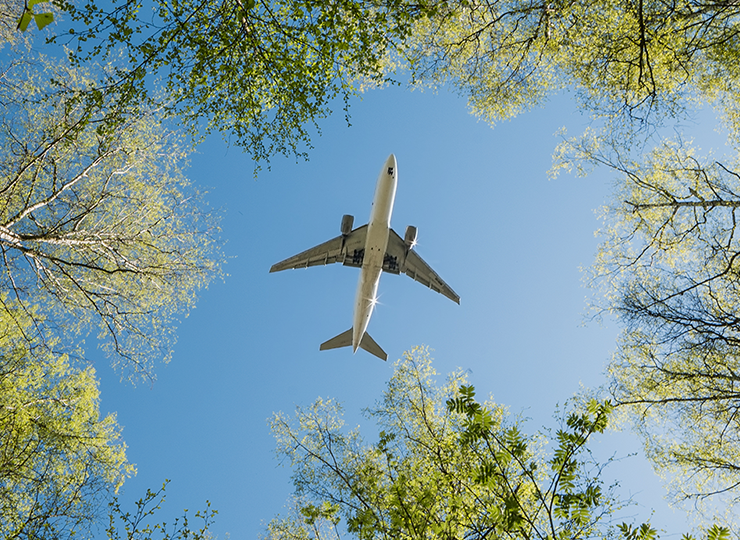

Five tips for traveling more sustainably
Conscious and mindful travel can have a significant and lasting impact on both the environment and local cultures. This Earth Day, we’re encouraging all travelers and travel experts to make it a goal to put into practice these five habits when traveling near or far to reduce our collective impact on the environment.
Why is sustainable travel important?
Sustainable travel puts the needs of the community and environment first, emphasizing practices that conserve natural resources, promote cultural sensitivity and respect, and bolster the local economy. Responsible travelers should consider the long-term impacts of their journey, including its economic, social, and environmental consequences.
By following our top five eco-friendly travel tips below, you can make sure you are traveling as sustainably and responsibly as possible.
Choose the path less travelled
Over-tourism is a phenomenon that occurs when a destination becomes overwhelmed by an excessive number of tourists, leading to negative impacts on the environment, local communities, and the overall travel experience. It can result in issues such as overcrowding, congestion, pollution, degradation of natural and cultural resources, and increased living costs for residents.
Instead of focusing on popular tourist hotspots, consider exploring lesser-known destinations that are off the beaten path. This helps distribute the economic benefits of tourism to a wider range of communities and reduces the strain on overcrowded areas.
Conserve natural resources
Be mindful of water usage, especially in areas where water may be scarce or in high demand. To reduce energy consumption, turn off lights, air conditioning, and other electronic devices when not in use. Do not disturb or remove plants, animals, rocks, or cultural artifacts while exploring, leaving natural habitats exactly as you found them. Lastly, adhere to local guidelines related to environmental conservation, such as protected areas, wildlife preserves, and marine sanctuaries.
Choose eco-friendly accommodations that have sustainable practices in place, such as using renewable energy, conserving water, and implementing waste reduction measures. Once you arrive at your hotel or resort, practice energy conservation by turning off lights and electronics when not in use, adjusting thermostats to reasonable temperatures, and conserving hot water.
Spend locally
Spending locally when traveling is an excellent way to contribute to the local economy, to support local communities, and have a positive impact on the destinations you visit.
Support local farmers and artisans by purchasing locally produced goods such as fresh fruits, vegetables, handicrafts, and souvenirs. When you hire local guides or take local tours to learn about the history, culture, and traditions of the destination, this supports local livelihoods. By supporting locally owned accommodations, restaurants, food vendors, and shops over international chains it helps to keep money within the local community and supports local entrepreneurship.
Use sustainable transportation
Opt for eco-friendly transportation options such as walking, biking, or using public transportation whenever possible. If you need to rent a car, choose a fuel-efficient vehicle, or consider carpooling or ride-sharing, instead.

Lower your carbon footprint
There are many ways to lower your carbon footprint when travelling. Consuming local food can help reduce your carbon footprint by reducing food miles, supporting sustainable farming practices, and building resilient local food systems. It’s a great way to make more environmentally conscious food choices and contribute to moderating climate change.
Did you know choosing more plant-based protein foods in place of animal-based protein foods is one way to reduce your carbon footprint? There are many plant-based foods that are sources of protein like nuts, seeds, beans, or tofu versus traditional animal products.
Reduce, reuse, and recycle whenever physically possible. Try to avoid single-use plastic items and bring a reusable water bottle, shopping bag, and food container. Then, always properly dispose of waste in designated receptacles and follow local recycling guidelines.
Doing your part while doing what you love
Remember that practicing eco-conscious travel is not about perfection, but about making slight changes and being mindful of your impact on the environment and local communities. By adopting eco-friendly practices during your travels, you can contribute to the conservation of natural resources, support local communities, and promote sustainability in the tourism industry. As travel experts, we can encourage our clients to practice responsible travel so be sure to share these tips with your clients today!



